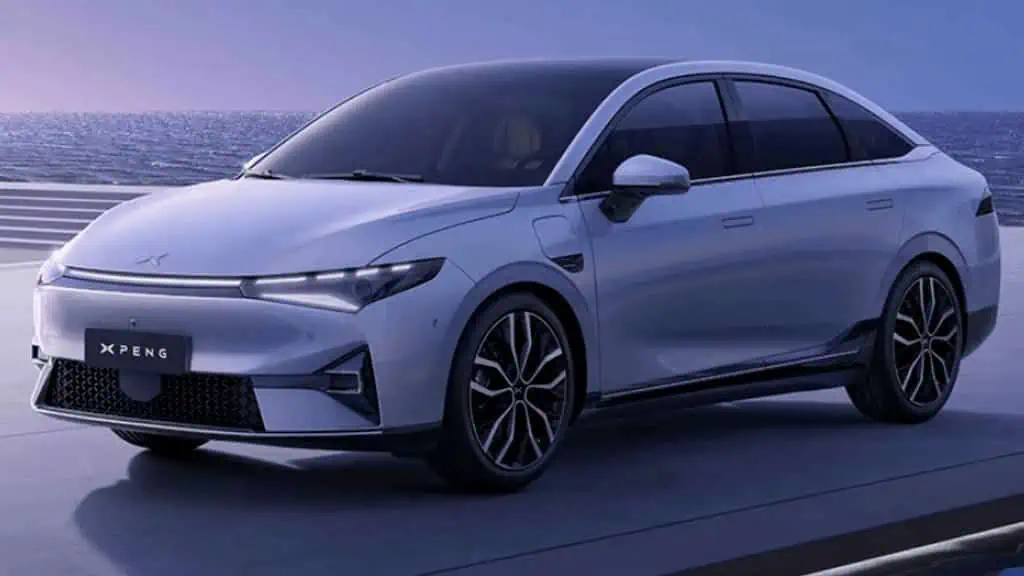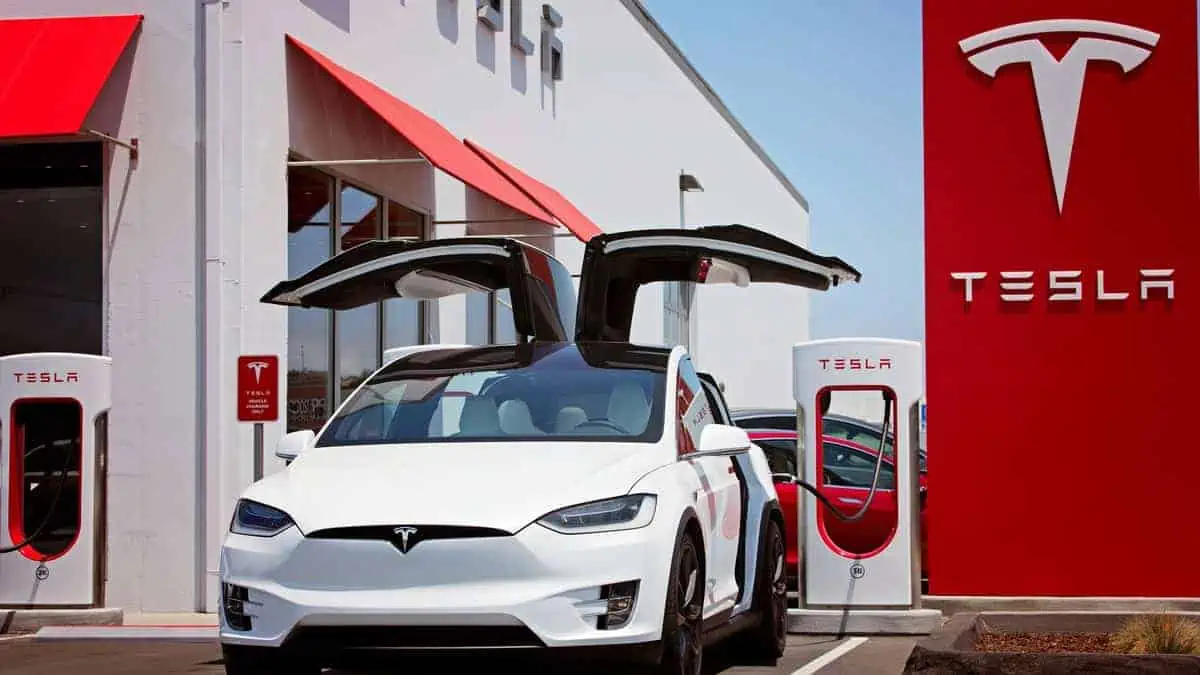Following the significant decline in August deliveries announced by Xpeng and Li Auto, Chinese electric vehiclestocks were reported to have plummeted last Thursday. Meanwhile, according to CNBC, NIO saw an increase in August deliveries compared to the previous record in July.
For the record, Li Auto’s deliveries in August declined by 56% to 4,571 vehicles from July’s deliveries of 10,422, a significant drop to 51% year-on-year. At the same time, Xpeng’s August deliveries decreased by 16% to 9,578 vehicles from 11,524 in July, yet that amount represents a gain of 33% over the previous year. Fortunately for NIO, its August deliveries climbed by 6% to 10,677 from 10,052 vehicles in July, reflecting an increase of 81.6% compared to the same month last year.
Due to the resurgence of COVID19 in China and the nation’s challenging economic environment, EV players continue to experience supply chain interruptions which caused these significant deliveries to decline. For instance, Shenzhen, China’s tech hub, has just implemented COVID restrictions, while Chengdu, China’s largest city, went under lockdown on Thursday.
Bill Russo, CEO at Shanghai-based Automobility, told CNBC that the numbers are “reflective of lingering supply chain issues as well as the fact that they’re on the premium end of the price range and with the weakening economy, people are looking toward affordability and that’s squeezing some of the higher priced models.”
In the third quarter of the year, Xpeng announced last month that it envisioned delivering between 29,000 and 31,000 electric vehicles, which disappointed investors, especially with the significant drop in August deliveries compared to July.
In response, Xpeng President Brian Gu explained that the industry is approaching a “relatively slow season” as fewer people are visiting stores due to the COVID19 crisis.
The COVID outbreak has “severely affected” Li Auto’s supply chains, according to its president Yanan Shen, who also mentioned that there are still “disruptions and issues” on a recent earnings call. Moreover, Shen claimed that sales of the company’s flagship Li One sports utility vehicle had been disrupted.
On the other hand, Bill Russo concluded, “Li has major new product launches with the L9 and L8 which is also impacting consumer demand for Li One. When new products come out, demand for the older model often suffers.”
China announced last month that it would extend the tax exemption for the purchase of new energy vehicles through the end of 2023 in order to boost demand. Having said that, China’s EV market is becoming increasingly competitive. Along with the new electric vehicles from Li Auto, Xpeng intends to start shipping its new G9 SUV in October and introduce two additional vehicles the following year.






